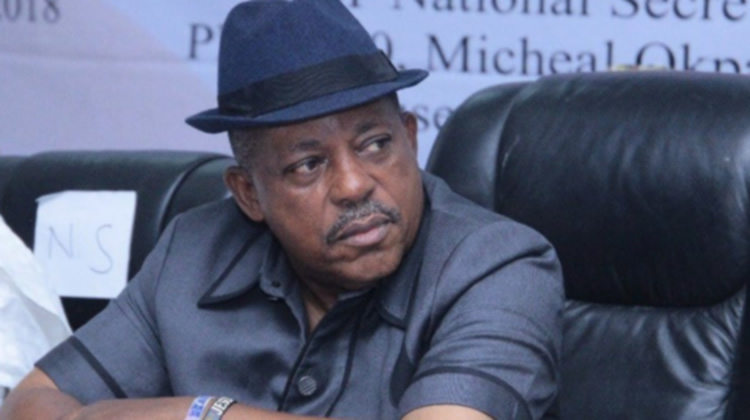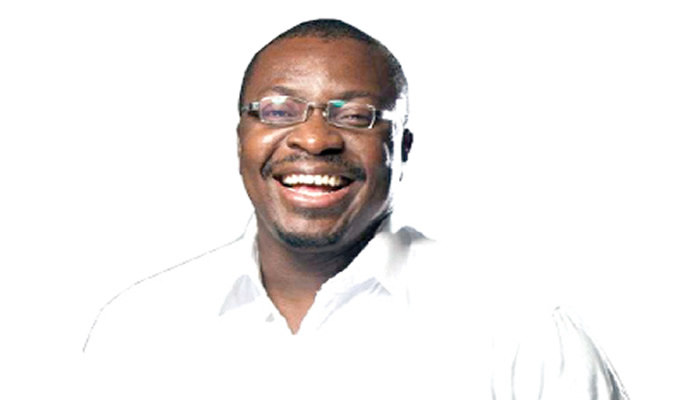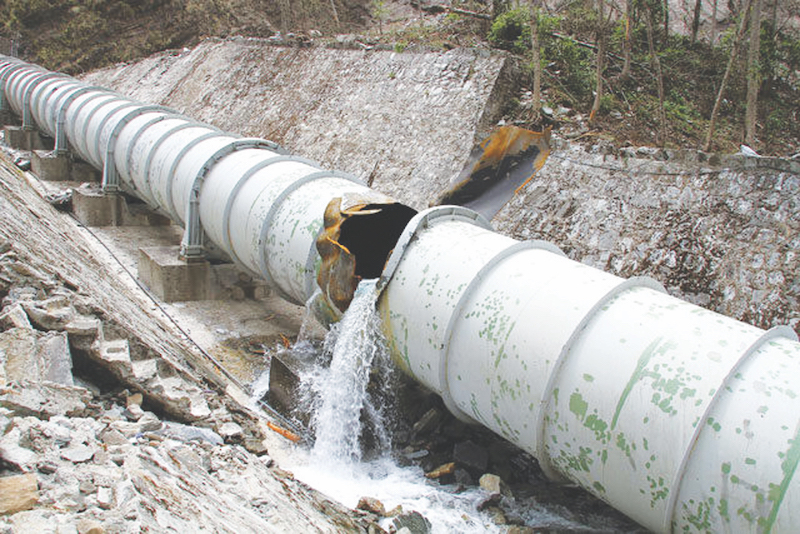Two possible futures have been presented for the United Nations’ main agency for Palestinian refugees, though both its supporters and detractors seem to agree that the biggest aid organization in Gaza is “at risk of death.”
That was the dire assessment of Philippe Lazzarini, the head of the UN Relief and Works Agency (UNRWA) after 16 donor countries suspended their funding amid accusations by Israel that some of its employees had been involed in the Oct. 7 attack orchestrated by the militant group Hamas.
But after Canada and Sweden both announced they were resuming contributions to UNRWA, Lazzarini said he was “cautiously optimistic” others would also soon reconsider — allowing the agency to continue its work.
UNRWA has been running schools and shelters for Palestinians in Gaza since 1949, and during the current conflict, its role has broadened to supply whatever aid it can deliver.
But Israel’s Foreign Ministry called Ottawa and Stockholm’s decisions a “serious mistake,” and its military told local media it will nonetheless work to “dismantle” the UN agency and replace it with an unnamed alternative.
What are Israel’s accusations?
In late January, Israel presented an intelligence dossier to the UN and distributed it to UNRWA’s major donor countries, alleging that 12 of the agency’s 13,000 employees in Gaza participated in the October attack on Israel, which killed 1,200 people and saw some 250 Israelis taken captive. Seven of the UNRWA staff actually stormed across the border, the document said. Israel said many more are “hardened” militants.
The workers were named and the file, which was not made public, included their photos. One video which was released, showed a man who Israel says is employed as a teacher, removing the body of an Israeli soldier from a border community. Another is accused of participating in a kidnapping.

Last week, Israeli army spokesman Daneil Hagari ramped up the charge, saying “over 450 UNRWA employees are military operatives in terror groups,” including Hamas and other armed organizations, though he presented no evidence.
UNRWA’s Lazzarini says he has previously “never received the slightest concern” from Israel about its staff.
Some UNRWA workers who were detained by Israel and released back into Gaza said they were “subject to threats and coercion by the Israeli authorities while in detention,” pressured to falsely state the agency has Hamas links and that staff participated in the attack on Israel, according to an internal UNRWA report seen by the Reuters news agency. Israel would not address the specific accusations, but said it always acts according to Israeli and international law.
In response to Israel’s original accusations, the UN fired the dozen identified workers and opened two investigations. One is run by the agency’s Office of Internal Oversight, looking at alleged employee involvement in Oct. 7. The other is assessing “how UNRWA works with neutrality“ said former French foreign minister Catherine Colonna, who is heading it.
Israeli Prime Minister Benjamin Netanyahu has long denounced UNRWA as being too supportive of the Hamas leadership in Gaza and of turning a blind eye to fighters who Israel says dig tunnels under the agency’s buildings and use UNWRA facilities, including schools and hospitals, to hide and store weapons. UNRWA has denied it knew about or endorsed these Hamas activities.
International Development Minister Ahmed Hussen says Canada is resuming funding to UNRWA because the agency is the ‘backbone’ of the humanitarian response for Palestinian civilians in Gaza — but the agency’s work to address concerns about its practices and credibility is ongoing.
How has the international community responded?
After the initial allegations, more than $600 million in support dried up and UNRWA’s future was put in doubt. All the countries said they would reassess once the UN’s investigations were complete.
“The secretary general is horrified by this news,” said Stéphane Dujarric, spokesman for UN chief Antonio Guterres. He vowed to act immediately, based on any solid new information provided by Israel.
Washington said it was also “extremely troubled” and Secretary of State Antony Blinken said he found the Israeli brief “highly, highly credible.”
But the U.S. intelligence community didn’t endorse it as strongly, labelling it “low-confidence” — meaning Israel’s allegations are plausible but arrived with no real evidence — in an assessment shared with The Wall Street Journal.
At the time, Canada’s Minister of International Development, Ahmed Hussen, said he was “deeply troubled” by the charges, but also “deeply concerned” about the humanitarian crisis unfolding in Gaza.
That was the reason Norway gave for not cutting its funding to UNRWA, saying “the situation is desperate,” and the reason Spain gave for new contributions last week.
It’s also why Canada and Sweden unfroze theirs, though Ottawa still hasn’t announced when money will start flowing again.
Canada has announced it is restoring funding for UNRWA. That funding was frozen in January following Israel’s allegations that some of UNRWA’s staff were involved in the Oct. 7 Hamas attack. Canada’s Ambassador to the United Nations Bob Rae explains what led to this decision.
What happens next?
The two UN reports are expected in April.
They may provide the rationale some countries need to reinstate aid for UNRWA, though Norway says it expects more to join Canada and Sweden and announce a U-turn sooner.
With many of Gaza’s 2.2 million Palestinians just a step away from starvation, and widespread famine “almost inevitable,” according to UN officials, UNRWA’s presence on the ground is desperately needed.
Even if aid does start flowing — if Israel succumbs to U.S. pressure and lets in more trucks than it has so far, if a new U.S.-built port opens a major gateway — distributing it across Gaza’s devastated landscape will be a huge challenge.
Guterres calls the agency “the backbone of all humanitarian response in Gaza” because of its infrastructure.
But Israel is showing no sign of cooperating with UNRWA, no matter how much support it gets internationally or how stable its funding becomes.
Netanyahu’s plan for a post-war Gaza specifically excludes UNRWA, and Israel Defence Force officials are already trying to find other agencies and NGOs to replace it, with no clear alternative, Israeli media reports.







